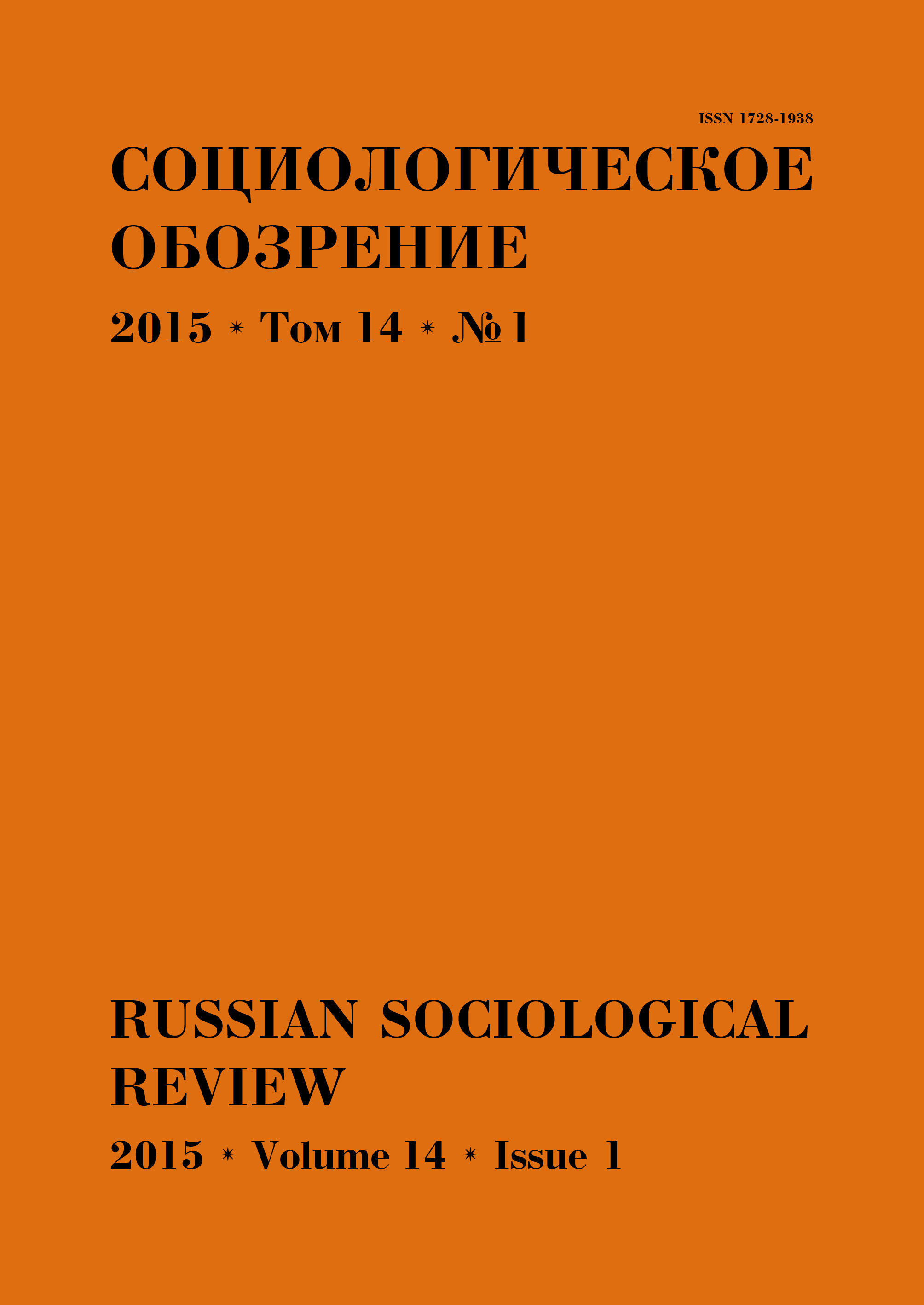Василий Николаевич Лешков и его теория «общественного права» как попытка альтернативы «полицейскому праву»
Ключевые слова:
политическое, общественное право, полицейское право, публичное, самоуправление, частное
Аннотация
Профессор Московского университета В. Н. Лешков в конце 1850-х создал теорию «общественного права», мысля ее как альтернативу существующему «полицейскому праву», стремясь выйти за пределы дихотомии частного/публичного права и выстраивая (вслед за германскими юристами) триадическое деление на право гражданское, общественное и государственное. Это позволило ему теоретически выйти из отождествления «публичного» и «политического» (polis’ного), определить область «общественного права» как «основу для самоуправления» и одновременно совместимость местного самоуправления с самодержавием (за счет разведения неполитической и политической публичности). О популярности взглядов Лешкова в конце 1850-х — начале 1860-х годов свидетельствует, в частности, его публикационная активность во влиятельных изданиях («Русский Вестник», «Русская Беседа», «День» и т. д.). В научном плане они вписываются в неопределенную на тот момент в российских университетах дисциплинарную область «полицейское право». Ситуация быстро меняется с начала 1870-х, когда происходит доктринальное и институциональное оформление «полицейского права» в рамках концептуальной модели, разработанной И. Е. Андреевским, полемика с которым Лешкова анализируется в статье для раскрытия воззрений обеих сторон. В результате к 1890–1910-м годам взгляды Лешкова постепенно маргинализируются, что прослеживается по материалам учебных пособий.Скачивания
Опубликован
2015-03-31
Как цитировать
ТесляА. (2015). Василий Николаевич Лешков и его теория «общественного права» как попытка альтернативы «полицейскому праву». Социологическое обозрение, 14(1), 203-223. извлечено от https://cfjournal.hse.ru/index.php/sociologica/article/view/90
Выпуск
Раздел
Русская Атлантида




